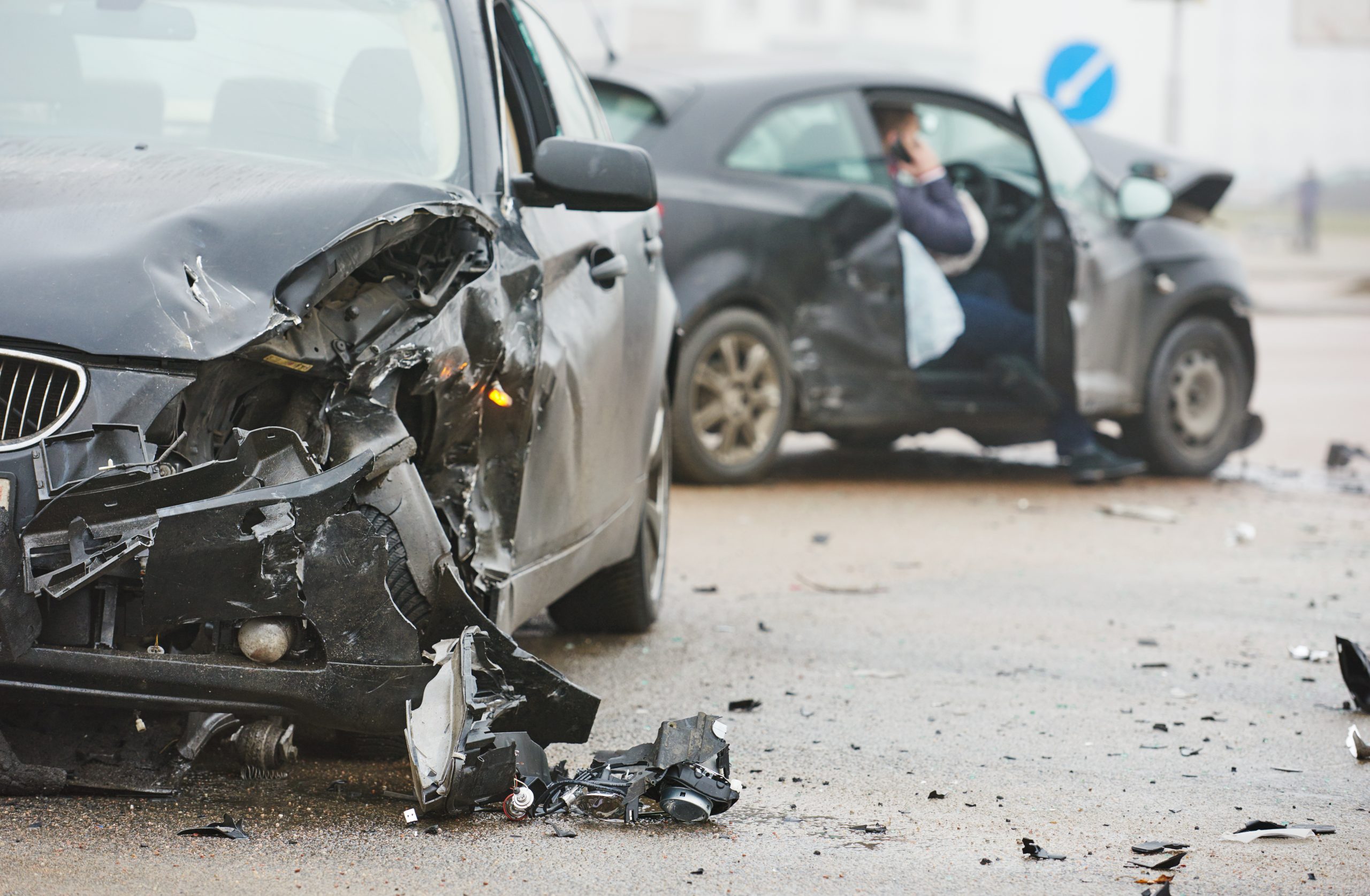Even if you are the most careful driver in the world, you will experience unexpected hazards that require sudden stops. This includes animals darting into the roadway, other vehicles stopping abruptly, dramatic changes in traffic patterns, or people unexpectedly stepping into the road. If there is someone behind you aggressively tailgating you, they may be unable to react to your braking and might crash into the back of your car.
If you or a loved one was injured in an accident that was caused by another driver’s aggressive tailgating, contact our Maryland car accident lawyers as soon as possible. At Rice, Murtha & Psoras, our attorneys offer free legal consultations to help car accident victims understand their rights. Call (410) 694-7291 today to schedule your free case consultation.
Can You Sue For Tailgating? Liability in Rear-end Collisions in Maryland
Yes, you can sue for an injury resulting from a tailgating accident. But you must work with your Maryland personal injury attorney to prove negligence on the part of the other driver.
Although there is a presumption that the rear driver was negligent, it is “rebuttable.” This means that the defendant can avoid liability if they can prove they were not negligent or that your negligent conduct contributed to the accident. For instance, if they claim that you were backing up or that you intentionally stopped short to “brake check” them, that could hurt your case. Our Maryland attorneys will work with you to establish the relevant facts to show that the driver who hit you was at fault. To prove negligence and liability, we will have to establish multiple elements, including a duty, a breach of that duty, causation, and damages.
Maryland Tailgating Laws
Tailgating is more than a poor driving habit and is actually barred under Maryland’s traffic laws. Maryland requires drivers to remain a reasonable distance behind the vehicle in front of them. However, Maryland law does not define the exact distance required. Drivers should consider several factors, including the flow of traffic, the vehicle’s speed, the weather conditions, and the number of other cars on the road when determining a safe following distance.
For Maryland drivers, this law directly affects rear-end collision cases. According to Andrade v. Housein (2002), a rebuttable presumption of negligence exists when a vehicle collides with the back of another car. the presumption assumes that the striking driver failed to maintain a prudent distance between themselves and the vehicle they hit. This presumption that the other driver was at fault is helpful when filing a personal injury claim.
Duty
First, we need to show that the defendant owed you a duty of care. In cases of auto accidents, this is not a difficult element to prove. All drivers in Maryland owe other drivers a duty of care, requiring them to operate their vehicles safely and prudently. They must also follow traffic laws.
Breach
Second, our Maryland attorneys need to establish that the defendant breached the duty of care. If a driver was driving recklessly or aggressively, they would have violated or breached their duty. Any behavior that falls short of their duty would usually qualify as a breach. Tailgating is a violation of Maryland traffic laws and a breach of the driver’s duty of care. We will work to prove this breach by gathering evidence from the scene of the accident, camera footage, police reports, and eyewitness testimony.
Causation
Next, to establish liability, we must show causation. Simply put, causation means the defendant’s breach of duty made the accident happen. In this instance, your injury was the direct result of the collision of the two cars, so that breach of duty did indeed cause your injuries. Causation is usually found by determining whether the result was foreseeable and whether the injury was closely related in time and place to the defendant’s negligence. It is predictable that tailgating can lead to an accident, and without a series of cars piled up between you and the driver who caused the crash, it is obviously related.
It is important to note that Maryland liability law follows the “contributory negligence” doctrine. Under this standard, if your conduct contributed in any way to the accident, you cannot recover damages from the defendant. For example, if a jury found that you purposefully slammed on your brakes because you were irritated by the tailgating, you might be unable to collect any compensation.
Damages
Finally, you must show actual economic or noneconomic damages. Economic damages are monetary losses that are usually simple to calculate. In a tailgating accident, economic damages could include the cost to repair your damaged vehicle, any medical expenses you incur, and lost wages caused by the injuries.
Noneconomic damages are more abstract and challenging to evaluate. These types of damages include pain and suffering, emotional distress, and loss of consortium. In some rare cases, if a driver’s conduct reached the level of gross negligence, punitive damages may be awarded. Punitive damages are not directly related to your injury and are awarded as a deterrent or punishment for excessively dangerous conduct.
Call an Experienced Attorney If You’ve Been Hurt
Any collision from behind can result in severe injuries that could affect your quality of life for years. You could find yourself missing months of work and facing costly physical therapy if you suffered an injury due to someone’s negligent driving. If you or a loved one was injured in an accident involving aggressive tailgating, contact our Baltimore car accident attorneys. Contact Rice, Murtha & Psoras at(410) 694-7291 today to schedule a free consultation.
